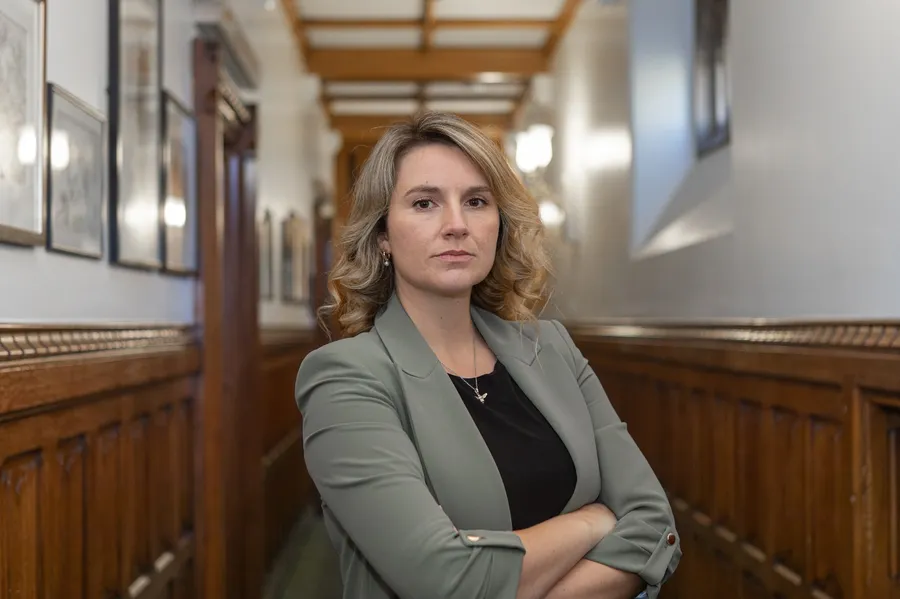As the Bill is a Private Member’s Bill, we can only debate these amendments on Fridays and with a clear time limit enforced. Because of the number of amendments, it is likely that the Bill’s report stage will continue until the end of June, possibly into July, before having its Third Reading and heading to the Lords (if the Bill passes).
I have added my name to Amendment 21, tabled by Munira Wilson MP, which would require the Secretary of State for Health and Social Care to publish an assessment of the availability, quality and distribution of palliative and end-of-life care services within one year of the Act being passed.
This is in addition to the many other amendments which, in my opinion, would strengthen the Bill. This includes an amendment tabled by Dame Meg Hillier that would prevent a medical professional from raising assisted dying if the patient hasn’t expressed a desire to have the conversation.
On Friday we voted on two amendments. One was to allow organisations such as hospices, to opt out of providing an assisted death. I opposed the amendment, as if the Bill does pass, I believe this would create a postcode lottery of service. In our area we rely on one excellent, but hugely oversubscribed hospice, and if they were to opt out as an organisation it would leave a gap in provision for people locally. I supported the other amendment, which was to allow individual clinicians and medical professionals to opt out of providing assisted dying services.
Further debates and votes will take place on Friday, June 13.
Ahead of last Friday, I hosted an online event to hear from constituents about the topic. It was a valuable opportunity to hear a range of perspectives, including an overview of the Bill by Professor Emily Jackson OBE, as well as passionate and often emotional contributions from local constituents and campaign groups. As I have made clear in the past, my decision on how to vote is not one I take lightly. Hearing the stories and thought processes of everyone who joined the call was invaluable and has continued to inform my thinking. I want to thank everyone who took part and contributed.
I voted in favour of the Bill at its Second Reading, but, as stated then, I did so to ensure that this stage of the process would allow for the proper scrutiny that such a significant proposal deserves. I hope this careful approach continues into the next reading.

